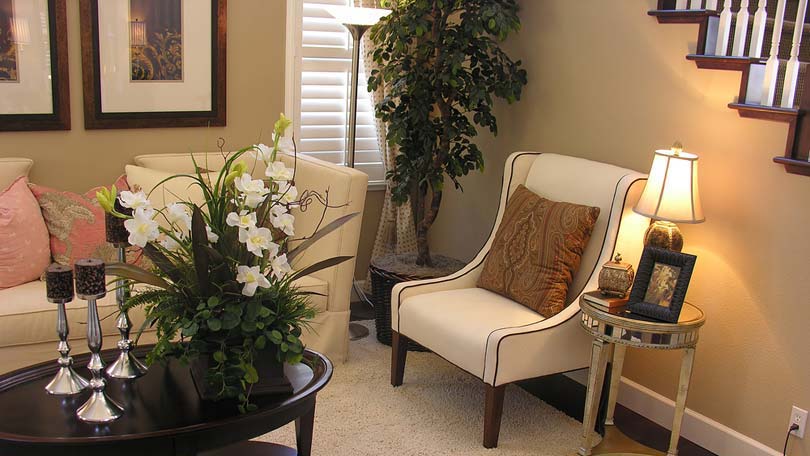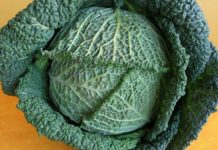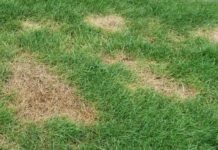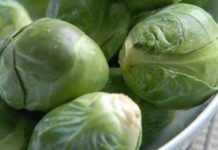
If you have houseplants, you may want to water them with distilled water. The process of distillation removes minerals and chemicals from water. You are left with clean water that is better for your plants. All plants benefit from the use of distilled water, but it is even more important for indoor plants. You can purchase distilled water at the grocery store or make your own distilled water at home.
Why Distilled is Better than Tap Water
Tap water contains chemicals, such as chlorine, that are used to treat the public water supply. These chemicals are damaging to plants. The effect of the chemicals is more profound on your house plants than in your outdoor plants. The reason is the chemicals in the water build up in the soil and aren’t washed away by rain, as happens with outdoor plants.
Chemicals aren’t the only tap water problem. The hardness of the water can also impact your plants. If you have hard water, you will want to use distilled water for your house plants. Some plants are very sensitive to the minerals in hard water. Hard water is most often an issue with well water, but can be a problem with a municipal water supply as well.
If your water is supplied by a well, you may have a water softener system in your home. These systems are great for removing the hardness from the well water. Your soaps and shampoos will work better and there is less staining of your appliances and sinks. However, the softener is not good for your plants. Softeners use salts, such as sodium or potassium in the recycling process. These salts are very damaging to your plants. The softened water contains a high level of salt combined with a low level of important nutrients such as calcium and magnesium, which impedes growth.
If you have softened well water, you will want to use distilled water on both your indoor and outdoor plants. The outdoor plants are affected by softened water much more than by tap water supplied by your local community. This water contains heavy concentrations of salts, which hinder the growth of your plants. The salts can actually kill the plants along with your grass.
Watering with Distilled Water
It’s important to water your plants properly, whether you are using distilled or tap water. If not watered properly, it won’t matter what type of water you are using. Improper watering leads to a weak root system. This weakens the plant and makes it more vulnerable to disease. Follow the directions for watering your plants to be sure you are watering each of your plants properly.
Directions for care come with many houseplants. These are usually printed on plastic stakes that are placed in the soil inside the pot. Not all plants come with the care instructions. You may have to look up the information in a book or online. In general, blooming plants and those with a lot of foliage require more water than plants with less foliage. Tropical and woodland plants need less water than plants from dry areas.
The season will also impact the water needs of your plants. When the temperature is higher, the plants will need more water. This is because the water tends to evaporate faster at higher temperatures. The temperature in the house will impact the plants as well as the outdoor temperature. When the heat is on in the winter months, you may notice your plants get thirsty faster. The heat causes the air in the home to become dry, which causes the water in the plants to evaporate faster.
When using distilled water on your plants, be sure the water is room temperature. If you make your own water and leave it outside for distillation, bring it back in the house and allow it to reach room temperature. The water can get very hot in the summer or quite cold in the colder months. Very hot or very cold water can shock the roots and damage, or even kill your house plants.
Making Your Own Distilled Water
You can make your own distilled water at home. You can either use tap water or catch rain water in a bucket or barrel. Rain water works well for making distilled water as long as the water is not too acidic. If the rain water in your area tends to be acidic, you are better off using tap water. Acids don’t dissipate well and can damage your plants.
Fill the container with water from the tap and set it outside. If you will be using rain water, place a clean container outside to catch the rain. Leave the container outside for two days to allow the chlorine or other minerals to dissipate. The water is then ready to use on your plants. You can store some of the water in clean, gallon size jugs for later use.





